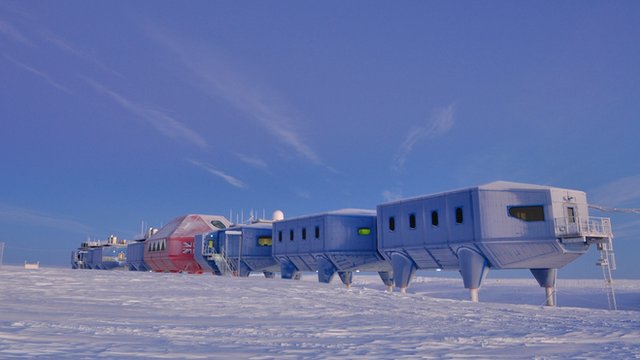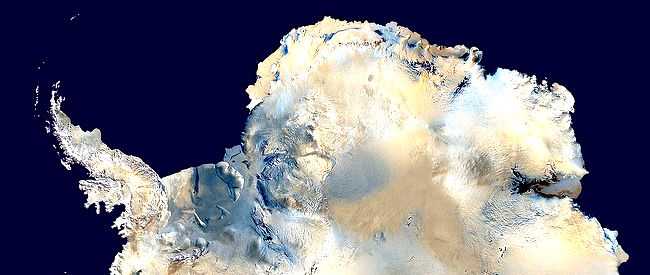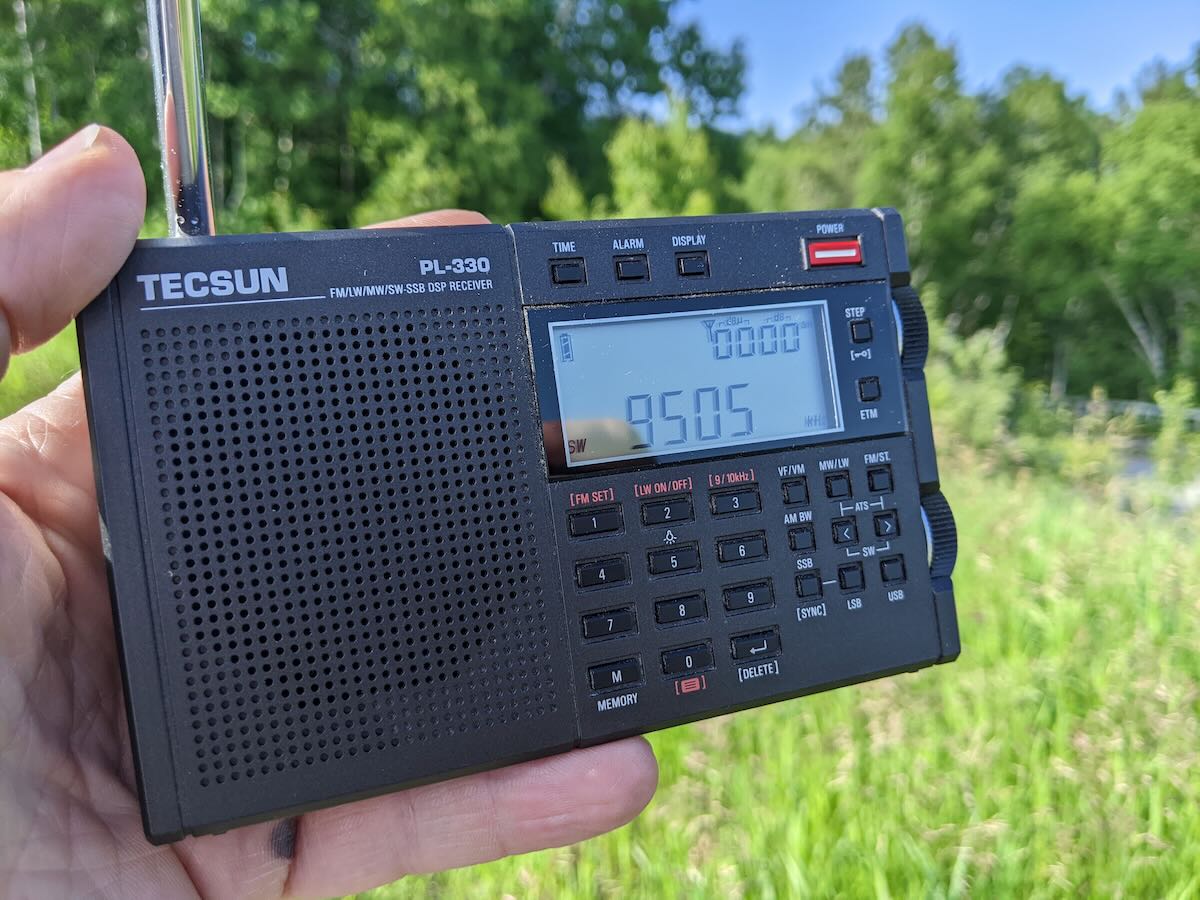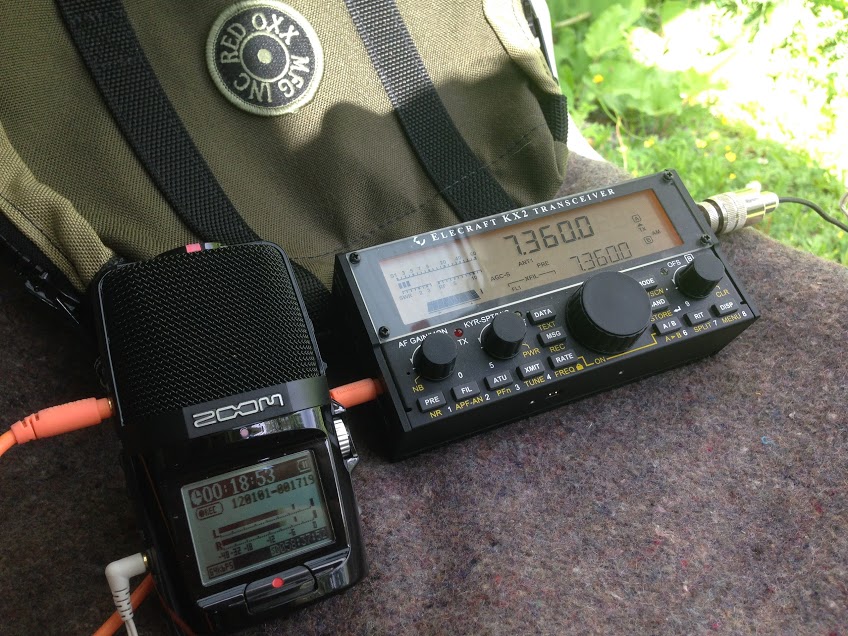In the comments section of this post, I’d like you to share your recording of the BBC Midwinter Broadcast to Antarctica!
In years past, I’ve created a post with all of the Midwinter recordings curated in one article. This usually takes me 12+ hours to prepare over a couple of weeks as many of the audio clips and video recordings must be formatted for the site and embedded. There is also a lot of discussions back/forth confirming details with listeners. This year once again, my schedule is such that if I try to piece one of these articles together I might not have it published for many, many weeks.
The past two years, this format worked brilliantly, so we’re doing it again…
Time and frequencies
Our intrepid contributor, Richard Langley, reports:
According to a posting on Glenn Hauser’s World of Radio IO group, the following frequencies are confirmed for the broadcast on 21 June 2023 [at 21:30 UTC]:
-
- 7255 kHz Dhabbaya 250 kW
- 12005 kHz Woofferton 300 kW
- 13810 kHz Woofferton 250 kW
(Ascension relay – not being used)
Please comment with your recording on this post!
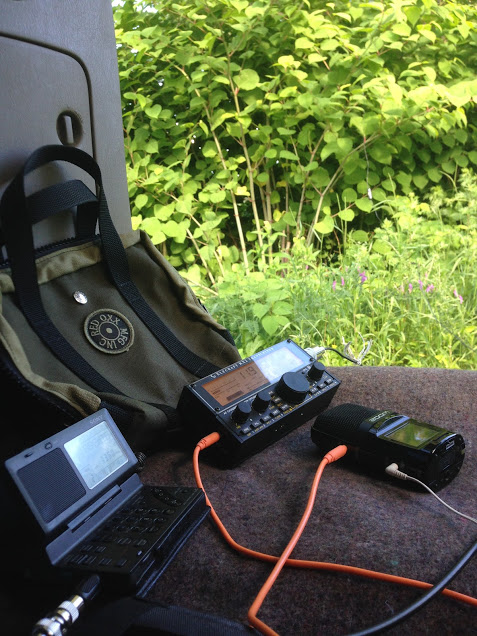
Listening to the 2017 BBC Antarctic Midwinter Broadcast from the back of my vehicle in Saint-Anne-de-Beaupré, Québec, Canada.
I’ve created this dedicated post where you can comment and include links to audio and video of your 2023 Midwinter Broadcast recordings. This will allow you to post your logs and recordings at your convenience without my availability becoming the bottleneck.
Here’s the format I’d like you to leave in your comment of this post:
Name:
Listening location:
Notes: (Include frequencies and any details about your receiver and antenna.)
Link to audio or video: (YouTube, Vimeo, Internet Archive, SoundCloud, etc.)
Video and Audio Recordings
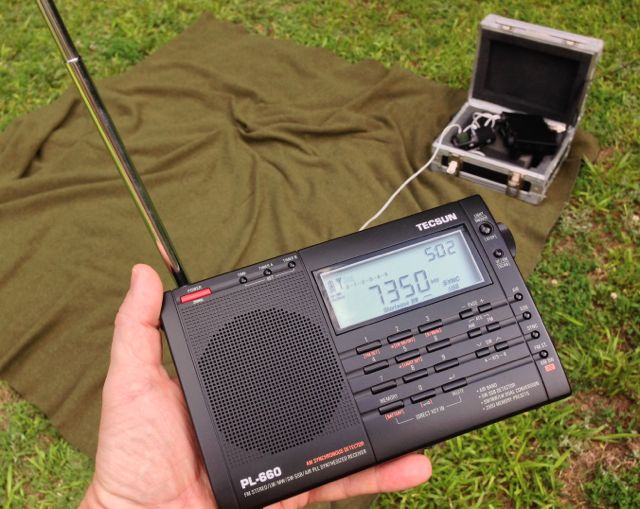 There is no way to directly upload audio in your comments, however, you can link to the recordings if you upload them to the Internet Archive (which I’d highly recommend) or any of the video streaming services like YouTube and Vimeo–or audio services like SoundCloud.
There is no way to directly upload audio in your comments, however, you can link to the recordings if you upload them to the Internet Archive (which I’d highly recommend) or any of the video streaming services like YouTube and Vimeo–or audio services like SoundCloud.
If you have a photo you’d like to include in your comment, send me an email from the same address you used in your comment. I’ll manually post the image at the top of your comment when time allows.
As with each year, I’ll make sure the BAS team and the BBC receive a link with all of your recordings!

